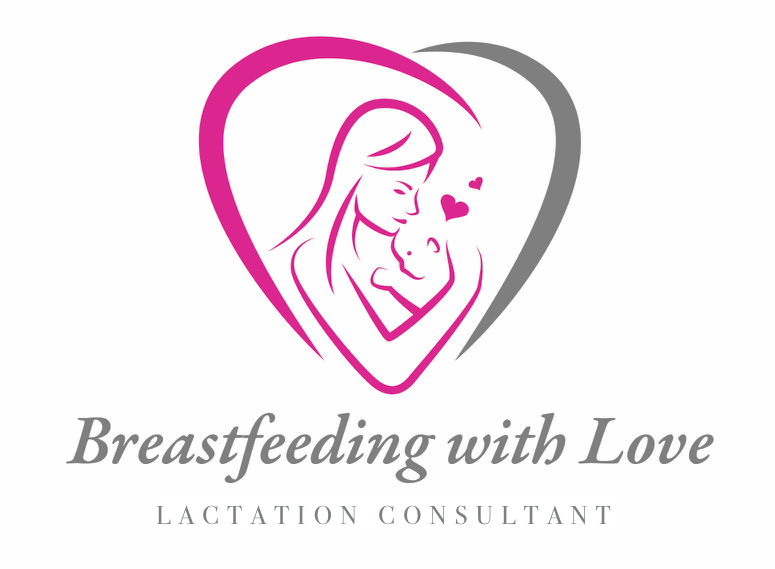Breastfeeding A Baby With Hypotonia
Have a blessed day. Breastfeeding isbest for your body. It has all the nutritious ingredients needed to keep your baby healthy. In fact, any breast milk you give your baby is better than none. However, sometimes special care is needed to help breastfeed a baby with special needs. Hypotonia babies have a weak muscle tone movement, which may involve the brain, nerves, muscles and spinal cord. Causes may include brain damage, encephalopathy due to lack of Oxygen. Sometimes disorders affect the nerves that supply muscle to our body.In rare cases, an infant can't process foodinto energy. How can a mom help breastfeed a baby with Hypotonia? A baby with Hypotonia has a weak suck and ineffective tongue. Therefore, the baby needs help positioning onmom's breast for breastfeeding. Many Hypotonia babies have a hard time with the coordination of sucking, swallowing and breathing. Therefore, a baby with Hypotonia needs additional support. The Dancer Position is used, where a momrounds her hand underneath her breast while stabilizing her baby's jaw. Sometimes, the Hypotonia baby does not have a sucking reflex or has a decreased one. In fact, some of these babies facialmuscles are also weak, therefore making it hard to suck well. Occasionally, a nipple shield is needed forthis baby.You need to make sure your baby gets a deep and good latch. If these signs are not recognized early on, these babies can lose too much weight. However, it has been noted that, after working with these babies, their sucking efficiency continues to improve over the first year. Some of these babies may require a little intervention such as supplementation, pumping, more frequent nursing etc...... Take short breaks in between breastfeeding. Use a supplemental feeding system at your breast if needed. One example of Hypotonia is Down Syndrome. Down Syndrome is a disorder caused by Trisomy of Chromosome 21. Breastfeeding may actually help with norm mouth and tongue coordination. Additionally, many Hypotonia babies suffer from Cleft Palates. Other Hypotonia babies may suffer from Pierre Robin Sequence, where a baby has a smaller than normal jaw, high arched palate, a jaw that is far back close to the throat and the tongue is large. Sometimes, teeth even appear atbirth. Other babies may suffer from Choanal Atresia, where the anterior skull has a blockage which narrows the nasal airway. Sometimes surgery is required tocorrect this situation.It is a good ideafor a Lactation Consultant to helpassess your baby's ability to latch, suck and transfer milk. In fact, a Lactation Consultant will recommend you to hold your baby skin to skin because this helps within increasingly milk supply. Ask your pediatrician to refer you to a Specialist, who can help you with your baby's sucking coordination, probably a pediatric Occupational Therapist. I have seen many come to the NICU to helppreemies. Ankyloglossia or Tongue Tie is very common in babies suffering from Hypotonia. They may have a short Lingual Frenulum, difficulty lifting their tongue and going to side to side with their tongue. These babies need to see aspecial Ear Nose and Throat, ENT, Doctor.I send many of my patients to ENT, for a proper evaluation. A Frenotomy, Tongue Clip may be performed by the ENT, if necessary. You can use ahospital grade pump to double pump your breast.It's important to continue to evaluate and monitor your infant.You can go to a pediatric neurologist, geneticists for more testing, you can get diagnostic testing was done and evaluate your baby's decreased muscle tone and floppiness of your baby's body and head. In conclusion, Iam so proud of each new mom that attempts to breastfeed a baby. Having a baby with Hypotonia is an evenbigger challenge. However, with patienceand love, you will learn to breastfeed your baby well. Remember, human milk is the best for yourbaby. Keep your baby skin to skin when possible. Breastfeed as often as you can. This will help improve coordination associated with Hypotonia. Support yourbaby's mouth and jaw with your hand if needed. Take extra care when lifting your baby up. Good luck. I hope breastfeeding works out for all of you.It is a special bond that will last forever.If you know someone who has a child with Hypotonia, encourage them and be supportive of their choice to breastfeed. Keep telling them what a wonderful job theyare doing.

